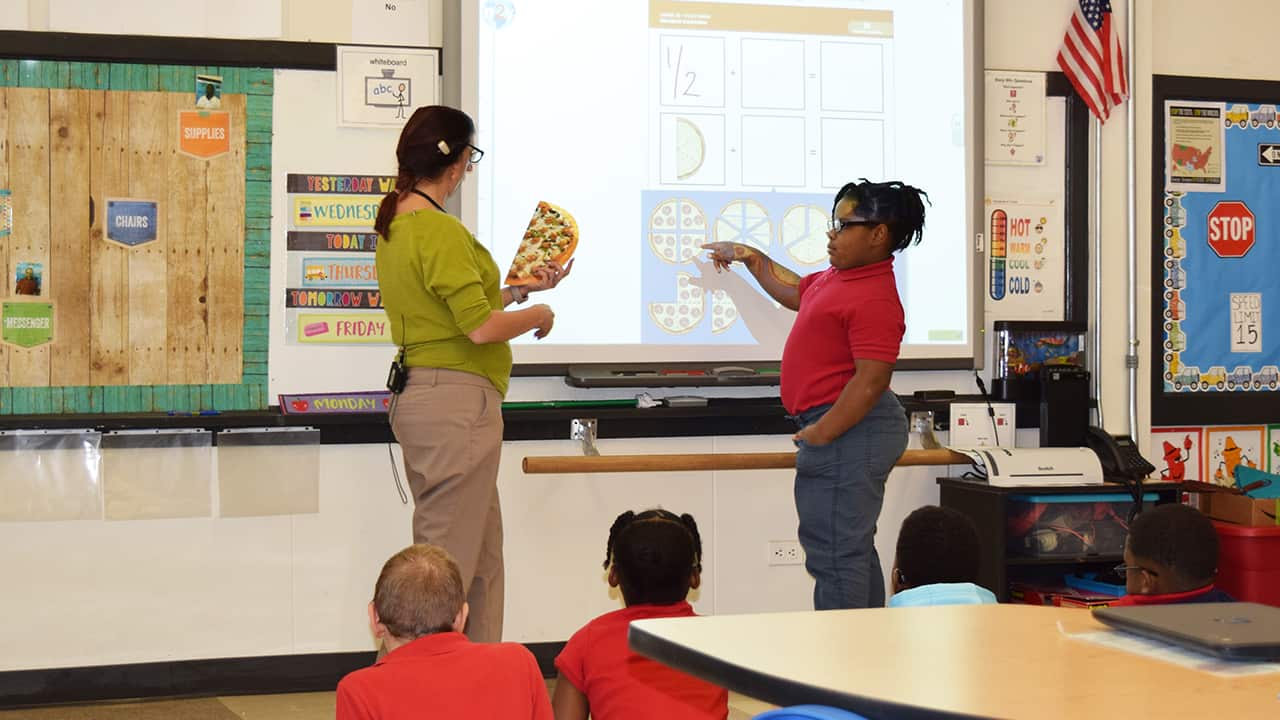Making SEL and Educational Equity a Priority for Students’ Social‑Emotional Wellness and Academic Growth
White PaperLearn Why SEL and Educational Equity Matter
Imagine you have just survived an earthquake or tsunami. Now picture someone trying to teach you multiplication tables while you relive your trauma. How do you think you will do? How focused will you be?
None of us are in a receptive mind frame when dealing with trauma, and yet our students are emerging from a pandemic year of uncertainty and emotional stress. This is why our deep-dive white paper walks you through the importance of social-emotional learning (SEL) and educational equity as students re‑integrate into a structured learning environment.
As you prepare to head back to school and explore ways to support learning recovery, consider this paper’s “extensive research showing that social-emotional learning promotes both academic achievement and positive social behavior while reducing conduct problems and emotional distress.”
Find Practical Tips for Building SEL Programs and Ensuring Equity
This white paper walks you through not only the steps needed to build a more inclusive system of instruction, but also shares experiences of school districts already implementing aspects of this two-track approach, giving you both techniques and examples.
Learn How to Establish Best-in-Class Policies
Simplify policy decisions with the guidance provided, including a checklist of must-have elements:
- Double down on equity-focused investments.
- Attend to the social-emotional needs of students and staff.
- Lead with equity.
Transition Students Back to the Classroom with Trauma‑Informed Teaching
Surveys show that returning students report “lower grades and more procrastination on assignments than before the pandemic,” as well as feelings of anxiety, distraction, and difficulties with concentration.
Our white paper walks you through the skills necessary to blend trauma-informed instruction with the pedagogy that makes up a standard curriculum. We speak to experts such as Robin Gurtwitch of the Duke University Medical Center and special education specialist Chris Weber and bring you their insights, advice, and know‑how.
Know How to Access Congressional Funding—and How to Spend It
Somebody will always say, “Fine, but how are we going to pay for it?” We have answers; drawing on CASEL’s policy brief we show you exactly how your SEL and educational equity initiatives fit into new funding opportunities coming from the federal level and explain how you can take advantage of a once-in-a-generation investment in public education.
Use an Evidence-Based Approach to SEL
When you’re ready to implement an SEL curriculum, we also recommend you consider our Positivity solution, built around eight proven behavior strategies that integrate into daily routines. With robust data collection and behavior tracking, Positivity can help teachers address learning recovery for students who have faced loss and trauma during the pandemic.
Don’t hesitate, download this useful, hands‑on white paper today!


